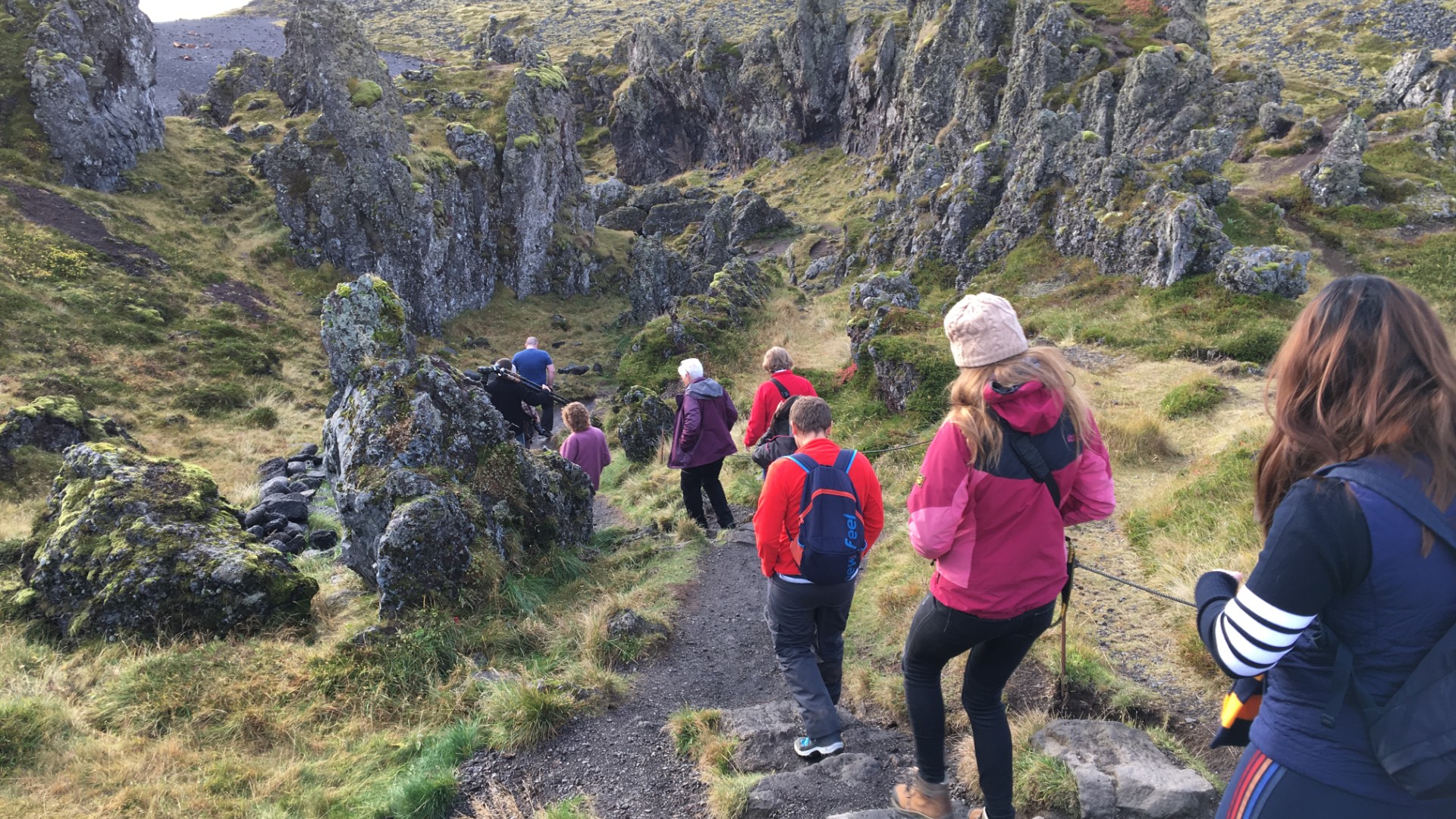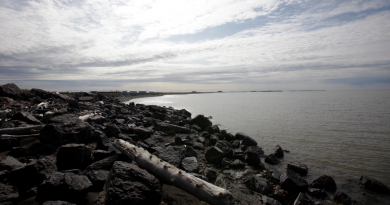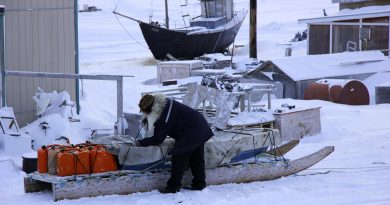Iceland walks back lifting of COVID-19 restrictions after infection uptick in travellers

Iceland is walking back its loosening of COVID-19 restrictions announced July 23, after identifying an increasing number of infections in travellers as well as “domestic spread.”
“In light of the fact that in recent days, imported infections have been increasingly detected here and the spread of COVID-19 disease has become domestic, (Iceland’s chief) epidemiologist believes that care must be taken regarding relaxations in the number limits and opening hours of entertainment and wine restaurants,” the government announced in a news release on Tuesday.
The news release did not give details on the numbers of imported and domestic infections as of Tuesday that prompted the reversal.
Since June 15, Iceland has required visitors to either observe a 14-day self quarantine period or take a COVID-19 test upon arrival.
Since July, 16, Iceland has exempted Finland, Norway and Denmark, along with Germany, from COVID-19 screening requirements for entering the country.
Gathering limits, closing times to remain
On July 23, Iceland announced a planned loosening of certain COVID-19 restrictions, after no new domestic COVID-19 infections in the prior three week period, and only 11 active COVID-19 infections detected at border screening during the same period.

The country planned to allow groups of up to 1,000 people to gather and allow bars and restaurants to stay open until midnight starting on August 4.
But now, Iceland will maintain its limit on gatherings to 500 people, and maintain bars and restaurant closing times at 11pm until August 18.
As of Tuesday, Iceland had reported 1,857 confirmed COVID-19 infections since the pandemic began. There’s been 10 deaths. Iceland is currently reporting 34 active infections.
Write to Eilís Quinn at eilis.quinn(at)cbc.ca
Related stories from around the North:
Canada: Inuit gov. in Labrador, Canada tells out-of-province travellers to stay away despite ‘Atlantic bubble’, Eye on the Arctic
Finland: Finland joins other Nordic countries in virtual tourism due to pandemic, Yle News
Greenland: Greenland extends COVID-19 entry requirements until July 20, Eye on the Arctic
Iceland: Iceland lowers price of on-arrival COVID-19 testing, Eye on the Arctic
Norway: Norwegian Arctic wilderness tourism hit particularly hard by coronavirus, The Independent Barents Observer
Russia: All Russia’s North Pole cruises rescheduled to 2021, Eye on the Arctic
Sweden: Sweden seen as major source of COVID-19 in Western Finland region, Yle News
United States: Airline shutdown creates new challenges for rural Alaska, The Associated Press



